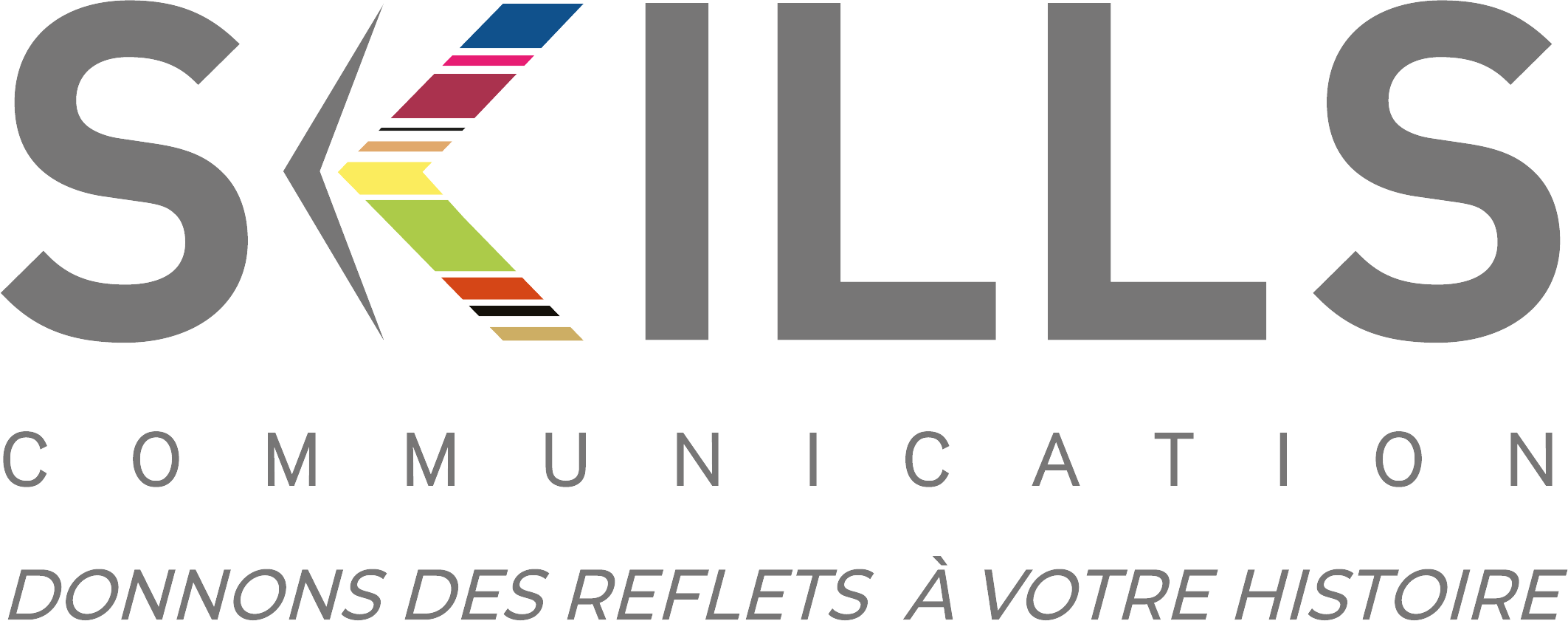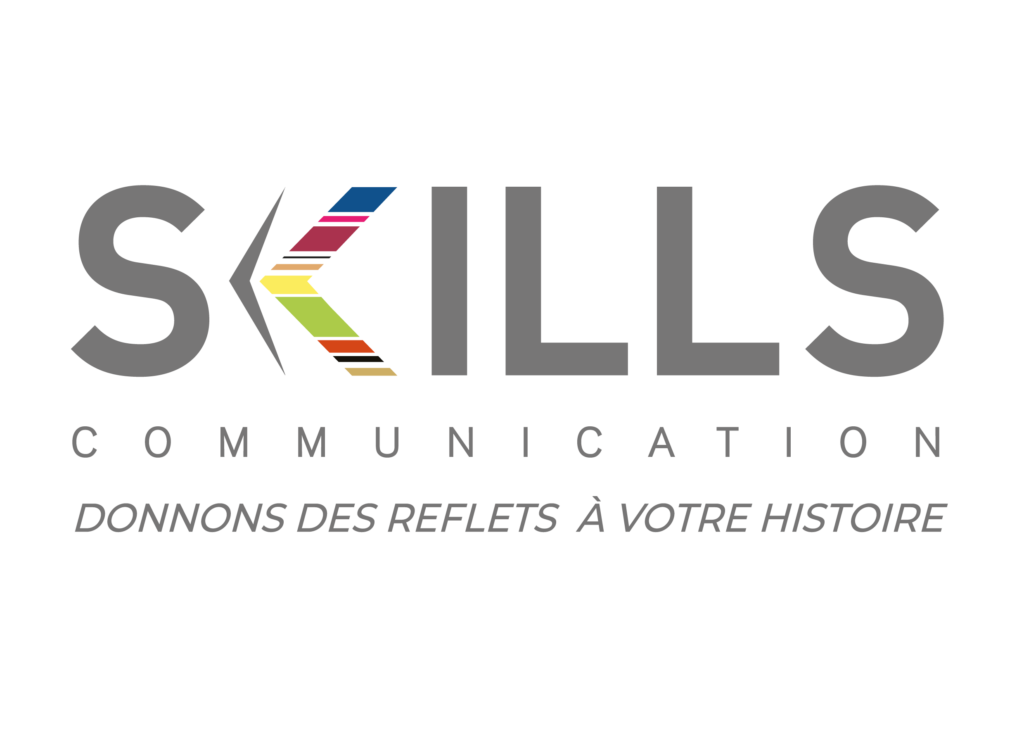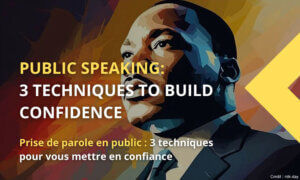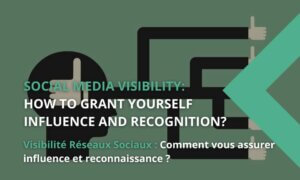The seconded DirCom is an external and neutral element, which intervenes upstream in the strategic transition of the company. Calling on a seconded DirCom means benefiting from a neutral, experienced ally with the right skills and communication tools to support your transformation.
Managerial exercise, a daily challenge
The manager is the person who weaves the link between the management and the various employees of a company. The managerial exercise has evolved, leaving aside ultra-directivity in favor of a more participative management. Thus, all employees are involved in the achievement of common objectives.
The different facets of being a company manager?
The manager’s job is complete, but also very complex, since it must combine several talents:
- Know all the skills that make up your team
- Impulse cohesion at the heart of your department
- Create a bond and a relationship of trust with your employees
- Communicate and manage conflicts
- Maintain motivation and listen
- Giving feedback to employees
- Be the growth manager, the one who develops the company’s business
- Be the team manager, the one who supervises and enables teams to grow
- Being the crisis manager
The manager must also adapt to a new socio-economic context (telecommuting, face-to-face work and growing individualism) which transforms his or her primary mission, namely to motivate and create links with employees.
The hybridization of work makes the managerial exercise more complex
For almost 2 years, companies of all sizes have been using telework. Today, teams are back in the companies, only a few hours a week. The hybridization of work strongly disrupts the manager’s missions, restricts team cohesion and creates strong individualities. The skills of each person to work together on a common mission are no longer sufficient and the growing individuality does not make it possible to reach common objectives so easily. “The main risk of remote work is the disunity of the team.” Employees no longer understand the common mission and the group is lost, because individual skills are no longer visible. It is therefore essential to maintain and nurture the team spirit, in order to adhere to and contribute to the common corporate objectives.
It is true that digital tools and the digitization of services have enabled company directors and managers to ensure efficient teleworking. However, they now realize that these tools do not replace human contact, but only cover part of the exchanges. The observation is positive: humans will always need human interaction to progress.
Reconciling individualistic expectations, corporate ambitions and increasingly rare time for joint exchange
Integrating a seconded DirCom in support of managers is the solution for companies wishing to adapt to new work rhythms, to energize their teams, to unite individualities around common objectives and to keep the link with their employees.
For example, the seconded DirCom helps the manager to organize individual interviews, to create a link without evaluating the skills of each person. Through this exchange, the manager is able to pass on a message and become aware of the employee’s intentions and ambitions, in the service of the team’s and the company’s mission.
The objective of these individual interviews is to put the common mission back at the heart of the company and to make all the individualities gravitate around it, so that they can blossom together and sustainably.
It is also wise to organize better quality meetings than before, following a line of conduct instilled by the manager, in order to achieve the objective set by the team. This is called co-construction.
In the past, the manager organized seminars to create group cohesion. They often turned into a succession of department meetings to follow up on deliverables. Now, this practice has become essential, even indispensable, to keep the work group alive.
DirCom seconded to support managers
Whatever the strategic transition made by the company, the main challenge for the manager is to constantly adapt his or her role as a supervisor to all situations, to make his or her team grow, with employees who have become less present in the company and taking into account their individuality.
To manage this delicate situation, the manager will have to create new human management reflexes, despite less frequent human contact. He is not alone in this process, he can be accompanied by a detached DirCom who puts in place intelligent and perennial tools to help the whole team.
“Communication is the best ally of strategists”. In order to meet the new challenges facing companies, it is essential to communicate better. The manager uses communication to continue to motivate his team, and to install a dynamic adapted to the new working methods.
The seconded DirCom is an external and neutral element, which intervenes upstream in the strategic transition of the company. Calling on a seconded DirCom means benefiting from a neutral, experienced ally with the right skills and communication tools to support your transformation.
- Knowledge of large international groups
- Ability to accompany senior executives
- Ability to take a stand
- Ability to manage the transition of change
The seconded DirCom shares with the manager his 360° vision of everything that can be put in place for the company and the team.
He/she integrates naturally, with a benevolent eye throughout his/her mission and brings the complementary skills that professionals may temporarily lack, either due to a lack of resources or time.






